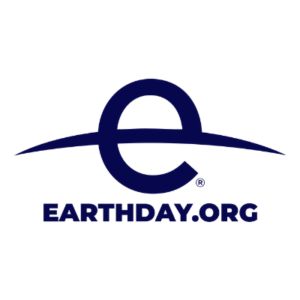The Great Global Cleanup
As lockdowns lift, litter piles up
June 15, 2020
Early in the pandemic, the outdoors seemed like a scary place: You could contract the virus from your neighbor, a passing jogger or the park bench. But as lockdowns fizzle out, millions more people are leaving home, headed for limited-capacity restaurants, trails and beaches.
Fortunately, many experts are deeming the outdoors — including activities like camping, hiking, swimming at the beach or public pool — safer than the indoors, as long as you social distance.
But as we start to venture outside again, people are quickly falling into bad habits. Over Memorial Day weekend, for example, several states in the U.S. saw spikes in illegal campfires and litter as people flocked to forests.
Earth Day Network’s volunteer cleanup program, The Great Global Cleanup, typically organizes large in-person events to rid communities of this plastic pollution. With these events cancelled or postponed, however, we must each hold ourselves even more accountable for the waste we carry into nature.
It’s the least we can do, according to Austin Downs, Earth Day Network’s global cleanup coordinator.
“As we emerge back into our public spaces, the last thing we want to do is add waste and trash to our already horrible crisis,” Downs said. “We should use these trying times as a lesson to reinvent, reinvigorate our connection to nature, starting with properly disposing of [personal protective equipment] and other waste.”
PPE has environmentalists worried about a surge in ocean pollution around the world. The Polytechnic University of Turin estimates that Italy, once a hotspot for coronavirus, needs 1 billion masks and half a billion gloves through phase 2 of reopening. If just one percent of these masks are disposed of incorrectly, 10 million masks per month could end up in the environment.
The pandemic has also benefited the environment, though. Air pollution in major cities dropped, though CO2 is rising; renewables are set to pass coal for the first time in the U.S.; the Earth quieted, allowing whales, turtles and other marine creatures to thrive.
And our reintroduction into wild spaces could disrupt biodiversity used to this temporary reprieve.
“Hiking, walking and biking on trails is a great way to connect with the species and environments around us, but it’s important to keep to the trails and make sure we don’t disturb the critters that make these environments special,” said Katie Wood, Earth Day Network’s conservation and biodiversity campaign manager. “When you see species in the wild, make sure you follow local guidelines and appreciate critters from a distance.”
The outdoors can provide a quiet, relaxing escape from an otherwise hectic world. But it’s our job to leave the trails, beaches and streams we use better than we found them.
While many in-person cleanup events have been cancelled or postponed, we can still do our part — starting with picking up after ourselves and leaving nature undisturbed. Visit Earth Day Network’s Great Global Cleanup page to learn how you can help.
